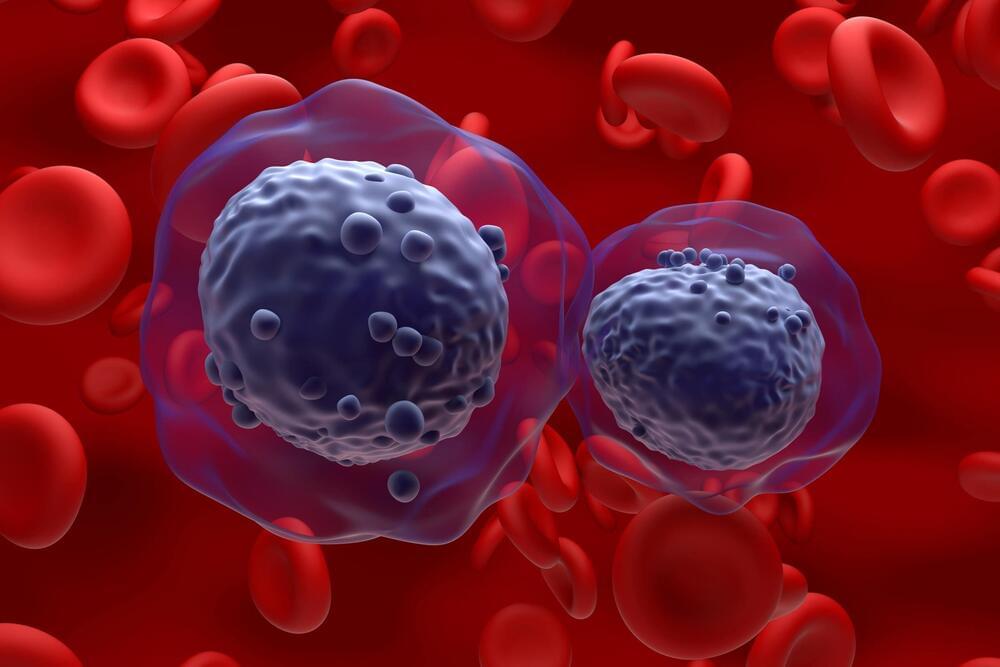Scientists at The University of Texas at Austin have discovered how an aggressive and deadly form of leukemia fuels its growth. In an experimental study, they were able to curb the cancer’s growth without harming healthy cells. The finding provides clues for future drug developers about how to increase the effectiveness of one type of chemotherapy.
The study, led by Xiaolu Cambronne of the Department of Molecular Biosciences, in collaboration also with researchers at Dell Medical School and in the Department of Nutritional Sciences, is published in Cell Metabolism.
Acute myeloid leukemia (AML) is an aggressive cancer that starts in the blood-forming cells of the bone marrow. Known for rapid expansion, the cancer kills approximately 11,000 Americans each year. Most of the cases of AML occur in adults over 65, a population that often responds poorly to aggressive treatments, such as bone marrow transplants, and thus has limited options.









Comments are closed.